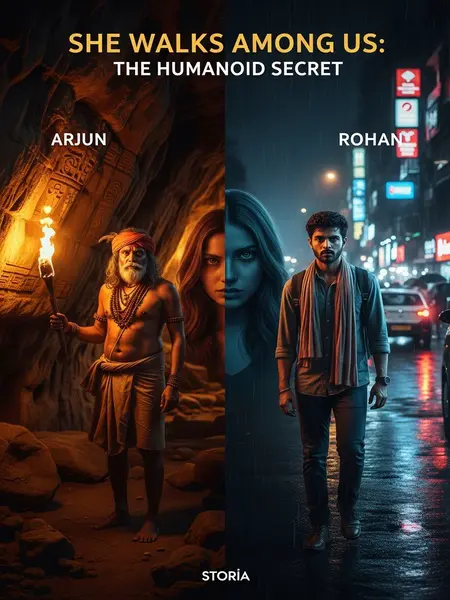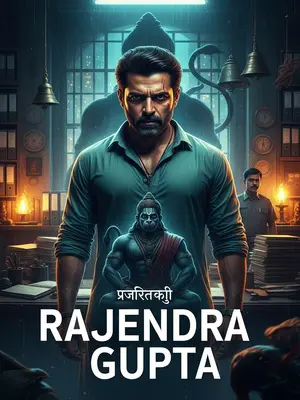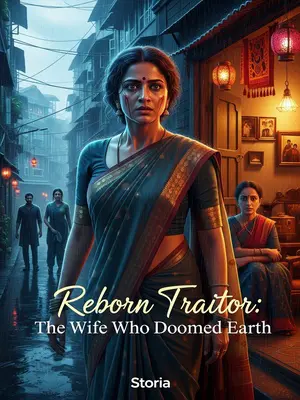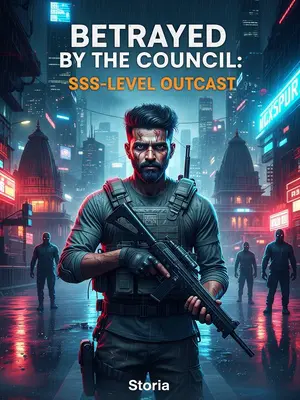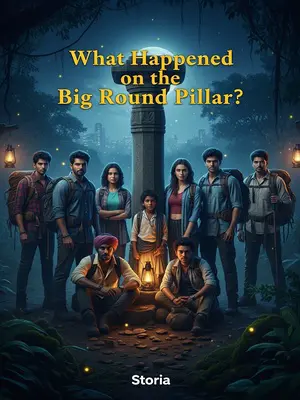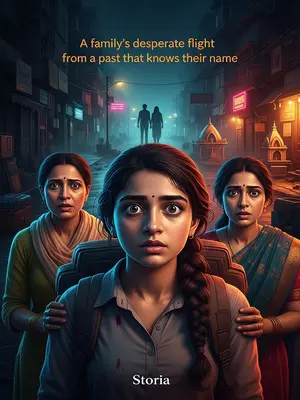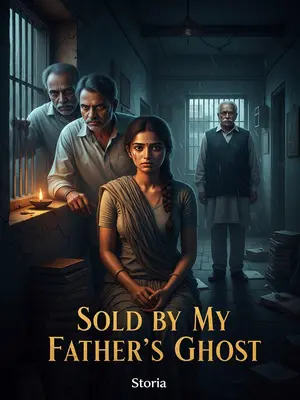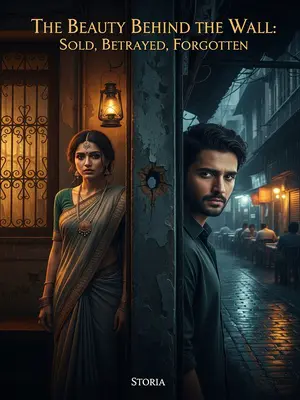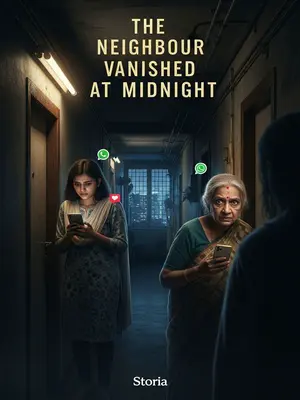Chapter 1: The First Fire and the Uninvited Guest
Do you know about the uncanny valley effect? It’s that weird feeling—like when you spot a mannequin in a saree shop window and for a second, you think it’s watching you.
That bone-deep fear isn’t new. It stretches all the way back to the time of our ancestors, when shadows in the jungle sometimes hid things that were almost, but not quite, human.
They look just like us, but kuch toh gadbad hai—something always feels off. These days, maybe they’re in your housing society WhatsApp group. Maybe even in your own family.
So, the real question: How do you spot them…?
1
Lakhs of years ago, when humans first tamed agni, the taste of raw meat and the tang of fresh blood faded into memory. At dusk, a group of early humans came home to their cave, their catch slung over tired shoulders, and sparked a fire with stones.
Flames leapt up, casting wild shapes across rough rock. The cave filled with the thick, mouth-watering smell of roasting meat, mingling with the earthy perfume of rain-soaked ground outside. Faces glowed in the fire’s orange light, elders murmured half-formed prayers to gods not yet named, and from far off, a wolf’s howl tangled with the distant, haunting call of a koel. The monsoon air was sticky and close, and somewhere a diya flickered at the cave’s mouth, holding back the dark.
Just then, another figure slipped in from outside. His face was lost in shadow, making him more silhouette than man.
The way he moved—too quiet, almost gliding—made one of the younger boys instinctively clutch a bead from his mother’s old rudraksha mala, fingers trembling. The firelight caught the stranger’s eyes, but he kept his gaze averted, melting into the cave’s stone. A strange, cold breeze followed him, carrying the scent of damp earth and something that set teeth on edge.
But the truth was: this “person” was not truly one of them.
A hush fell, heavy as the air before a thunderstorm. Even the half-wild dogs pressed in close to their masters, their ears flat. Old Dadi, who rarely moved from her seat by the fire, shifted uneasily and whispered a prayer to Agni, her voice quivering in the old tongue.
Arjun, the tribe’s sharpest mind, picked up a burning stick and approached, eyes narrowed. He examined the newcomer with the care of someone who’s seen too many tricks in the wild.
Arjun’s gaze missed nothing: the calluses on the hands, the awkward slope of the shoulders, the stranger’s perfectly even breathing. The light painted half the man’s face, but gave away nothing. Still, Arjun’s instincts—honed by years tracking tiger prints and reading the jungle—whispered, “Be careful, beta. Kuch toh alag hai.”
He muttered, "I’ve never seen you before."
The words fell between them, thick and tense. Around the fire, men’s hands drifted to their sharpened sticks, women pulled children closer.
The stranger smiled. "Just passing by. I want to sleep here."
The smile was too perfect, practiced like a mask in a river’s reflection. The voice was soft, but each word lingered, sliding out like a snake from wet grass. Children huddled behind their mothers, wide-eyed.
In those days, hospitality was sacred—even the wildest heart wouldn’t turn away a guest. Someone offered a hunk of half-cooked meat; another pointed to a flat rock near the fire. But a ripple of unease darted through the group, silent as a mouse in the grain jar.
Night deepened. Everyone drifted into sleep, except Arjun. He tossed and turned on his mat of grass and hide, unable to shake one stubborn question—
The fire had burned down to coals, their glow a pulse in the gloom. Outside, the jungle sang its song—crickets, frogs, the hoot of an owl. But Arjun’s mind was louder. Why did his heart thump like dholaks at a Ganesh visarjan every time he pictured the stranger?
What was wrong with him?
He replayed every detail: height, skin, hair, the stranger’s lips curling in a smile. Something old and urgent clawed at Arjun’s memory. He unconsciously pressed his thumb to the rudraksha bead he always wore, hoping it would ground him.
One nose, two eyes, one mouth, two ears, two arms, two legs…
He ticked them off, tapping the stone floor, mouthing a silent “Om namah shivaya” just to steady his nerves. Everything was normal—no horns, no tail, no black magic. Yet…
Nothing out of place. No wings, no claws, no glaring sign of trouble.
He almost laughed. Was he turning into one of those old aunties who see chudails in every banyan tree?
Still, Arjun’s gut twisted. He just knew—kuch toh sahi nahi hai.
He rolled over, sighing, the air thick with the tang of burnt ghee and smoke. Sweat pooled at the small of his back. “Maybe I’m just tired,” he told himself. But he knew he was lying.
He glanced at the stranger, sleeping in perfect stillness.
The newcomer’s chest rose and fell in a slow, too-even rhythm. No twitches, no dream-murmurs. Arjun’s breath caught. Was this normal, or was his mind playing tricks?
Finally, sleep claimed him—restless, uneasy. And then, the dream began.
In the dream, the cave was the same, but darker, the fire out. Only Arjun and the stranger remained, ringed by blackness. The silence pressed in, cold as the wind on a Himalayan night.
He felt fear flood him, and his lips shaped a desperate “Om namah shivaya,” hoping his ancestors were listening even here.
The stranger seemed to sense his fear. He whispered, "Shh, even the devas know nothing of my existence…"
The voice slithered through the dark, neither man nor woman, young nor old. It curled around Arjun’s thoughts, turning his spine to ice. The smell of burnt meat faded, replaced by the metallic tang of dread.
They drew closer. Arjun trembled, unable to tear his gaze away as the stranger’s face approached—mouth stretching wide, eyes gleaming with an unholy light. Then—like lightning—he saw it. “That’s it!” he tried to shout, but no sound came. He was frozen, trapped in the nightmare.
He woke with a shout, bolting out of the cave into the monsoon night.
His scream shattered the stillness. He tore through dew-soaked grass, feet bleeding, hair wild, chest heaving. The others woke to see him fleeing, haunted by a terror no one else could see.
"It’s too frightening. I must tell everyone this secret."
He collapsed at the riverbank, moonlight shimmering on the water. The terrible face was etched in his mind, burning brighter than the moon. His cracked voice rang out: “Listen to me! You have to know—”
From that night, a new instinct was seeded in human hearts. And so, ages later, we gave it a name: the uncanny valley effect.
That memory—like a shadow—wove itself into every bedtime story, every ghost tale whispered after a power cut. Even now, when the inverter fails and someone’s eyes look too empty, that old fear stirs in us all.
